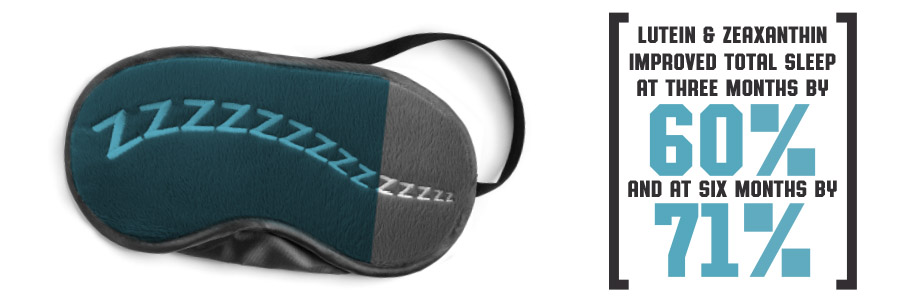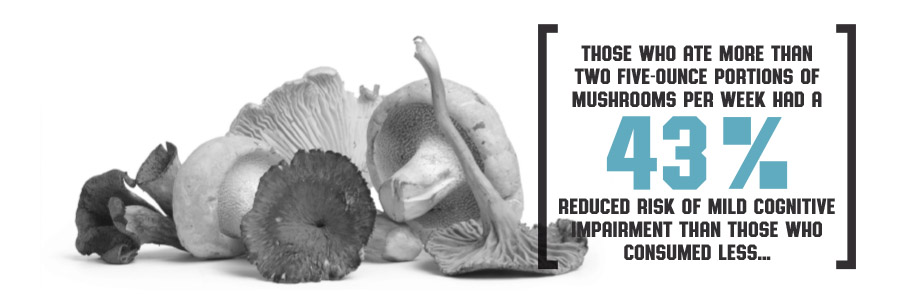


Sign-up for {N}power to get exclusive discounts, newsletters, members-only features, and more!
 Denver - Design District - Alameda and Broadway
Denver - Design District - Alameda and Broadway
368 S Broadway
Denver, CO 80209
United States
 Preferred Store:
Select a Store
Preferred Store:
Select a Store

We live in a tech world, so it’s not surprising that we spend the majority of our waking hours in front of screens. Many of us watched a few hours of television last night or spent a few hours scrolling the internet on our smartphones. Some of us did both… at the same time. It’s estimated that the average American spends more than 10 hours per day viewing screens, and that number is only increasing. As our screen time grows, so does our exposure to blue light from those screens, and there is increasing evidence that this exposure is damaging to our health. For example, excessive exposure to blue light, from screens, and compact fluorescent and LED lighting, is linked with a delay in the release of melatonin, the hormone that helps regulate our circadian rhythm (i.e., our sleep-wake cycle) and helps us fall asleep.
Lutein and zeaxanthin are carotenoids that deposit in the macula of the eye, which is located in the retina and is responsible for fine vision. Their role in the macula is to absorb blue light and protect it and the retina from the damaging effects of blue light by providing antioxidant protection. They also increase macular pigment optical density (MPOD), or the thickness of the macula. There is a direct link between the thickness of your MPOD and the health of your eyes and your brain. The thicker your MPOD, the better they function. Researchers are now beginning to investigate how lutein and zeaxanthin may improve sleep quality, in relation to their ability to absorb blue light and increase MPOD.
A study published in 2018 conducted at the University of Georgia, aimed to measure the benefits of lutein and zeaxanthin supplementation (20mg lutein + 4mg zeaxanthin) on the sleep quality of college students. College students tend to have excessive blue light exposure. Subjects were either given a supplement containing lutein and zeaxanthin or a placebo for six months. Researchers measured MPOD and several sleep quality components.
Supplementation of lutein and zeaxanthin improved total sleep at three months by 60 percent and at six months by 71 percent. Lutein and zeaxanthin supplementation also improved MPOD. The study’s results suggest that an improvement in MPOD can improve sleep patterns. It is well known that electronic devices—and the blue light they emit— reduce sleep quality, likely by disrupting melatonin production. Lutein and zeaxanthin appear to help to support sleep quality through their ability to absorb blue light, thus allowing for the normal production and release of melatonin.

Low-carbohydrate diets have drawn a lot of attention in the last few years due to research showing support for a variety of health conditions, including neurological disorders, obesity, diabetes, metabolic syndrome, and various cancers. A 2019 study examined various degrees of carbohydrate restriction and their effect on markers of cardiovascular health, including HDL cholesterol and triglyceride levels. The study included 77 healthy adults that were randomized into three groups: A very low-carbohydrate ketogenic diet (5 percent of calories from carbohydrates), a low-carbohydrate diet (15 percent of calories from carbohydrates), and a moderate-low carbohydrate diet (25 percent of calories from carbohydrates). The study participants were followed over a 12-week period.
All participants in the study had health markers within the normal range, so the researchers did not expect significant changes for markers of health in a group of healthy adults. Despite this, the study found significant improvements in seven of the nine markers measured, including HDL, triglycerides, insulin, weight, waist and hip measurements, and body mass index (BMI). Out of all of these markers, the reduction in triglyceride levels really stood out, as high triglycerides are one of the strongest predictors of cardiovascular disease. Among all three groups, it was the very low-carbohydrate ketogenic diet that had the greatest reduction of triglyceride levels.

Mushrooms are packed with nutrients and a growing body of research shows that they also contain a wide variety of bioactive compounds that support health. A recent study published in the Journal of Alzheimer’s Disease found that older men and women who ate mushrooms several times a week were at a reduced risk of developing mild cognitive impairment (MCI). MCI is a type of memory impairment characterized by forgetfulness and mild confusion that often precedes Alzheimer’s disease. The study surveyed 663 Chinese men and women over the age of 60 and collected diet information in one-on-one interviews. These interviews included questions about six types of commonly consumed mushrooms: golden mushrooms, oyster mushrooms, shiitake mushrooms, white button mushrooms, dried mushrooms, and canned button mushrooms. Researchers also assessed cognitive function and performed multiple tests of mental acuity.
After controlling for health, behavioral, and socioeconomic factors the authors found that those who ate more than two five-ounce portions of mushrooms per week had a 43 percent reduced risk of MCI than those who consumed less than one portion of mushrooms per week. The authors conclude that “mushroom consumption could be a potential preventative measure to slow cognitive decline and neurodegeneration in the elderly.”




Sign-up for {N}power to get exclusive discounts, newsletters, members-only features, and more!
